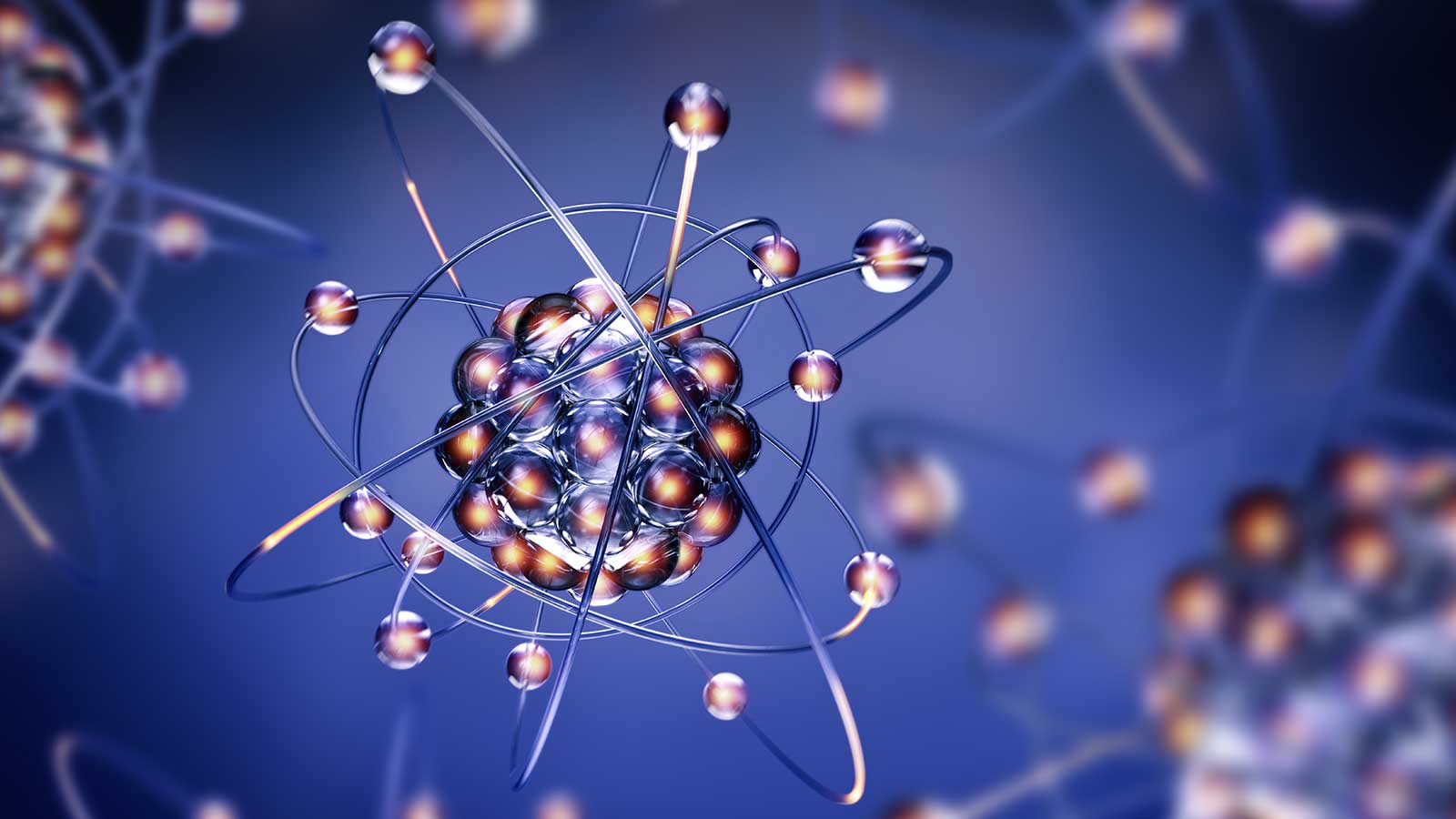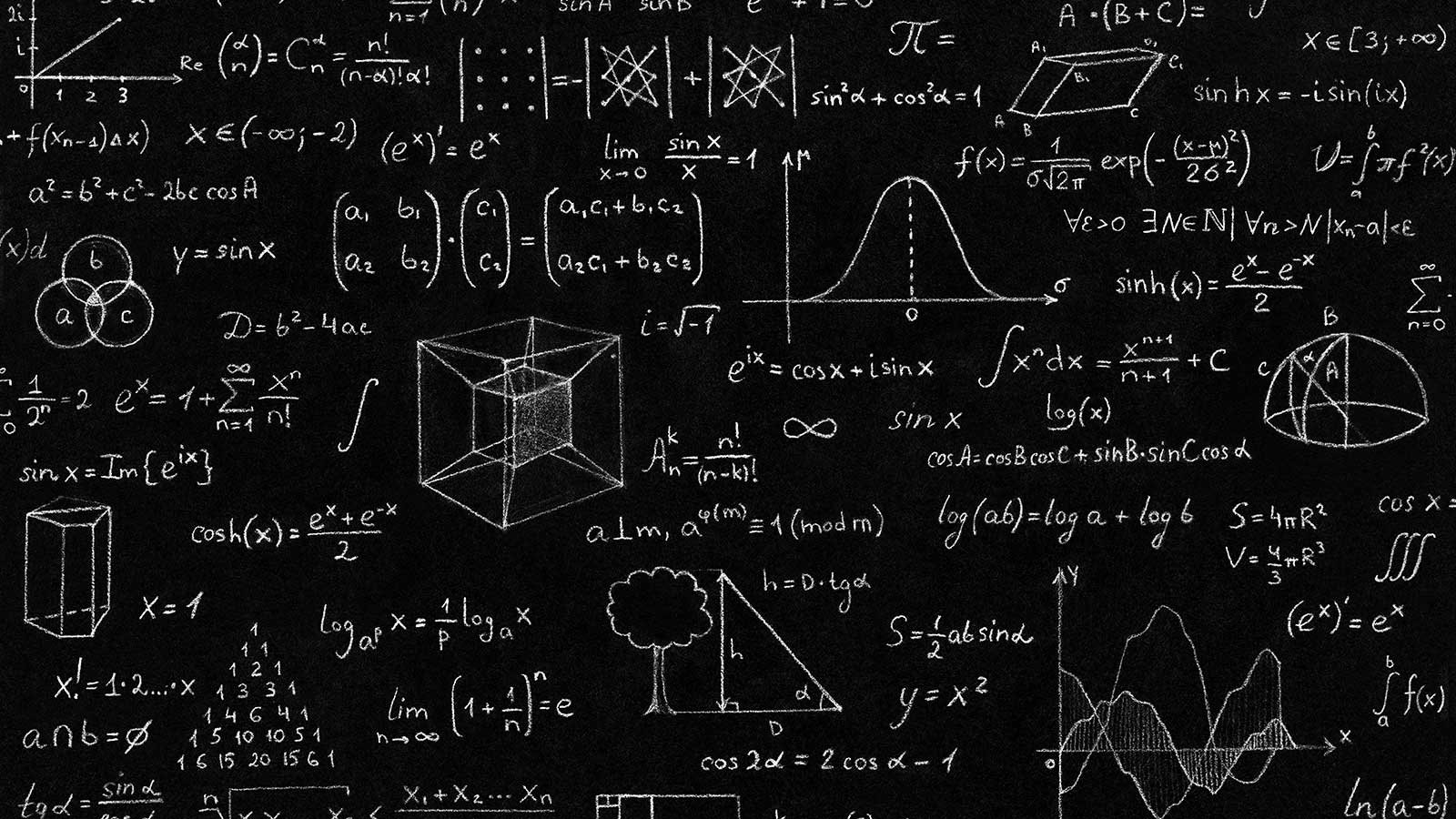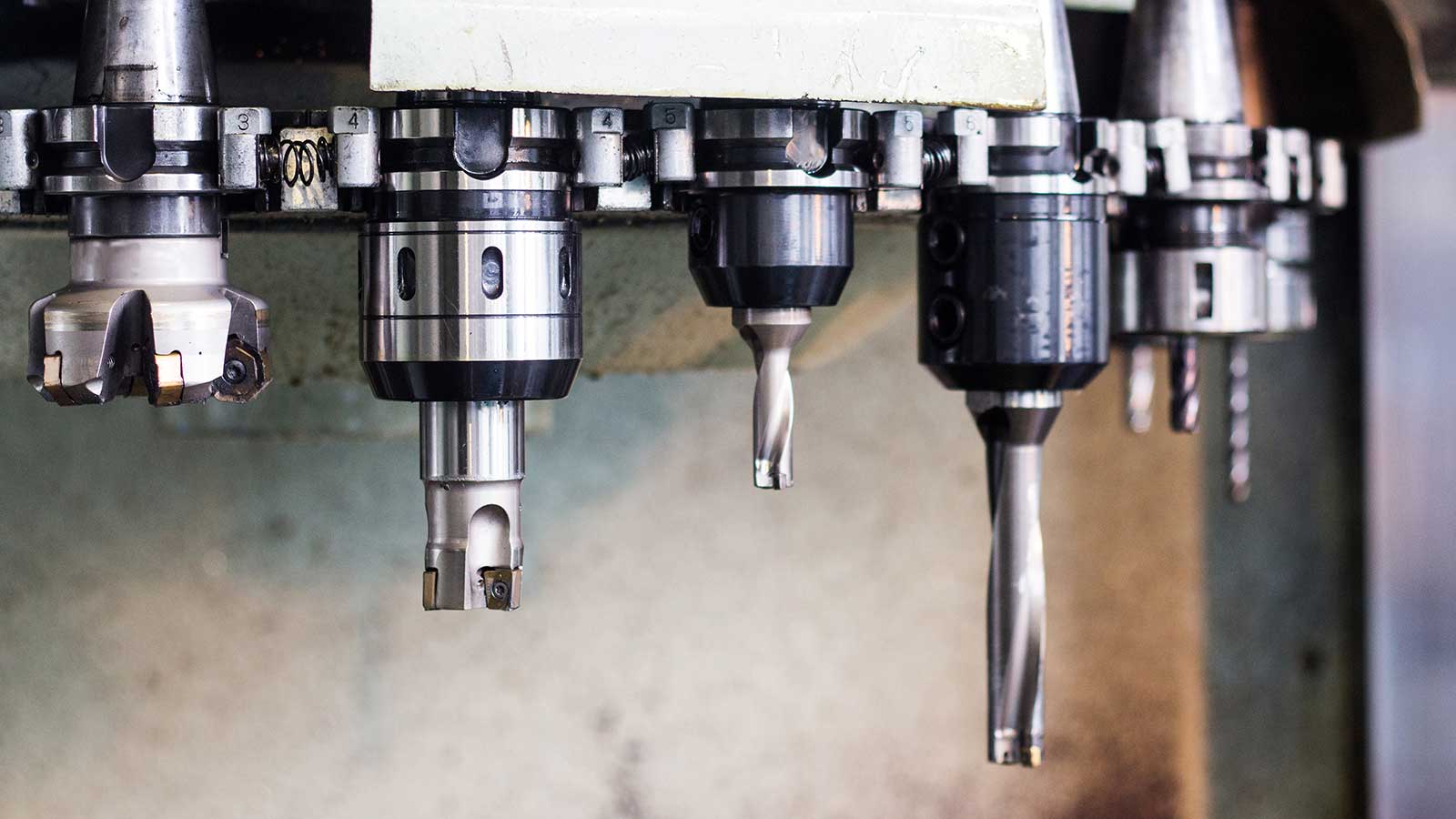
Drive Innovation That Matters
A PhD in Physics from Clarkson University gives you the training and resources to become an independent scholar in a specialized subfield. Through the program, you will apply advanced knowledge in core areas of classical mechanics, electromagnetism and quantum mechanics to uncover out-of-the-box solutions. You will gain the theoretical foundations to conduct experimental investigations with a high degree of expertise. By the time you graduate, you will be ready to lead research teams in academia or industry.
Why Earn a PhD in Physics From Clarkson University?
The PhD in Physics offers rigorous research training and complex coursework meant to challenge your understanding of the field. You will be able to choose from different specialization areas to deepen your expertise and tackle a wider set of issues through interdisciplinary work with faculty and peers across campus.
One of the hallmarks of our department is the personalized attention we offer students. We keep our class sizes small, encouraging collaboration and solutions that require teamwork. Your research advisor will provide comprehensive guidance, and you will further benefit from a friendly and open relationship with other faculty members. We value your input and ideas and treat you as a fellow scholar.
Despite our size, we offer the resources of a much larger university. You will have access to state-of-the-art research centers and the opportunity to participate in innovative projects led by a diverse team of experts. You will also gain valuable teaching experience by working with undergrads as a teaching assistant or in other capacities.
What You'll Learn
The PhD in Physics consists of a minimum of 90 credit hours. At least six of those credit hours should be taken outside the department and at least six of those credit hours should be dedicated to seminars.
Within two years of full-time study, or 66 credit hours if you are a part-time student, you will take the required Comprehensive Exam. The topics covered in the exam include classical mechanics, electricity and magnetism, optics, thermal physics, quantum mechanics and modern physics (relativity, nuclear and solid-state).
As for specializations, you can develop one from the following areas:
- Biophysics
- Chemical Mechanical Planarization
- Computational Physics
- Physics Education
For more information, view the course catalogue for current program requirements, course numbers and credit hours.
Course Catalogue




